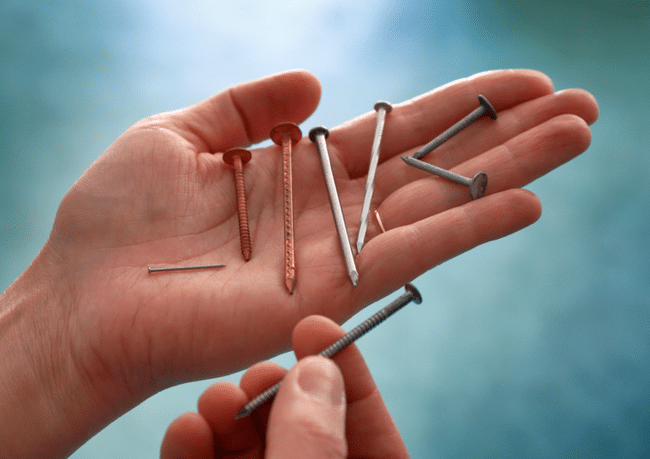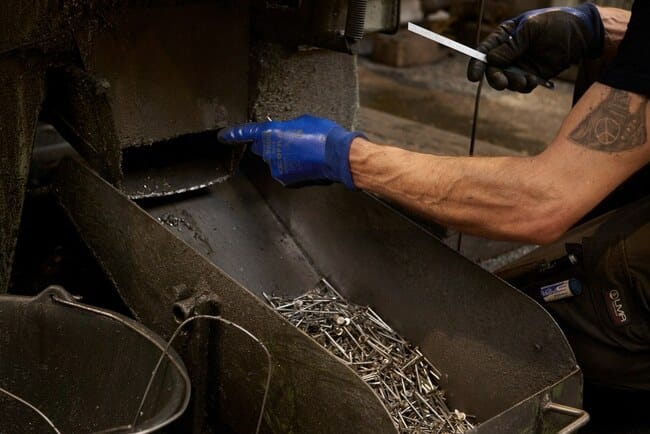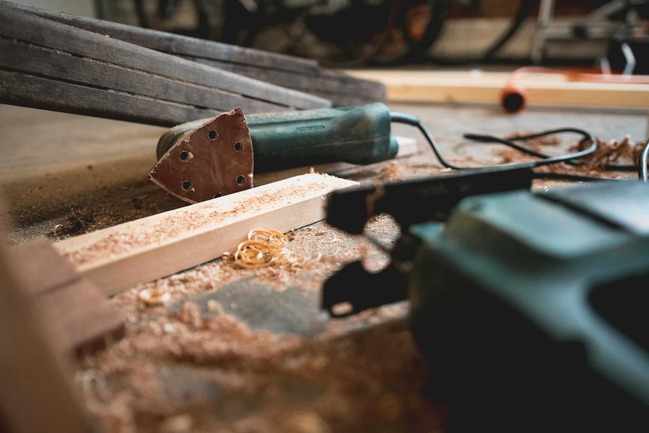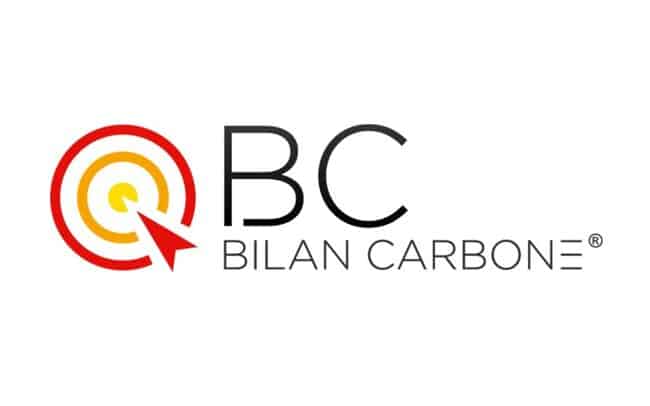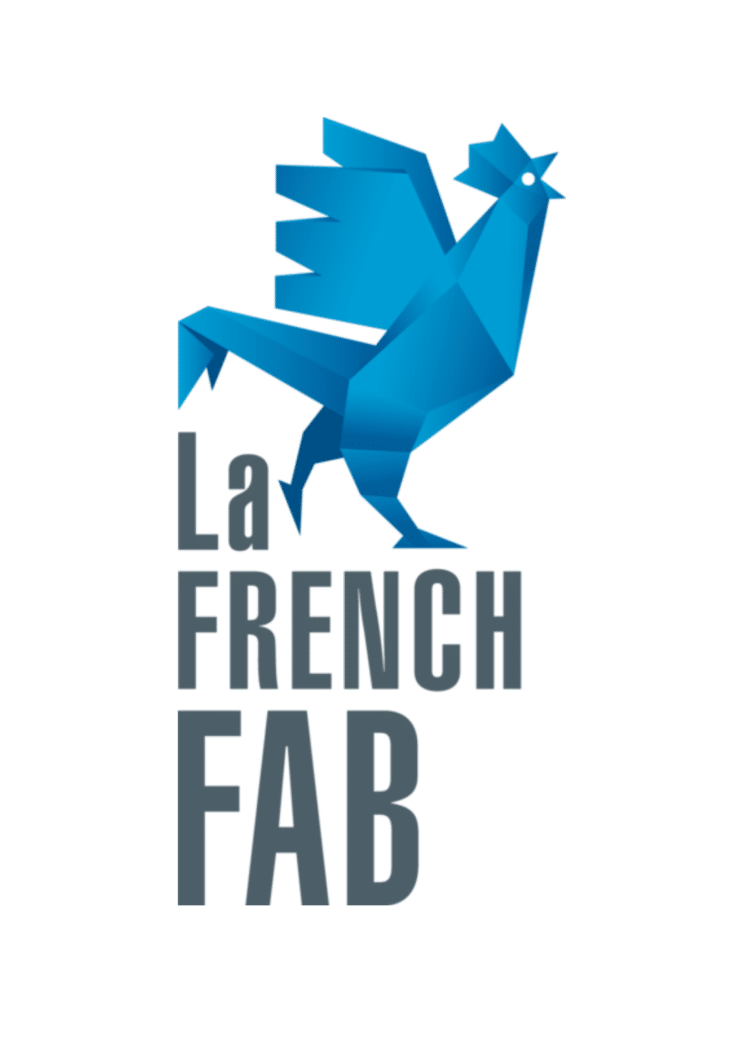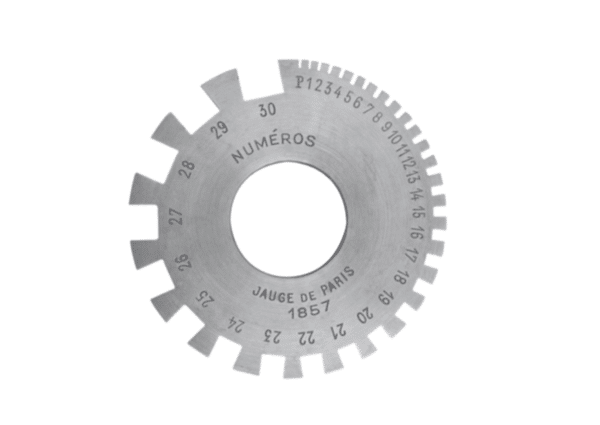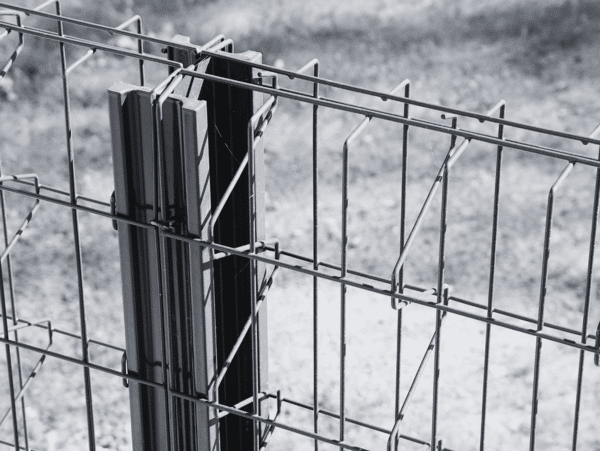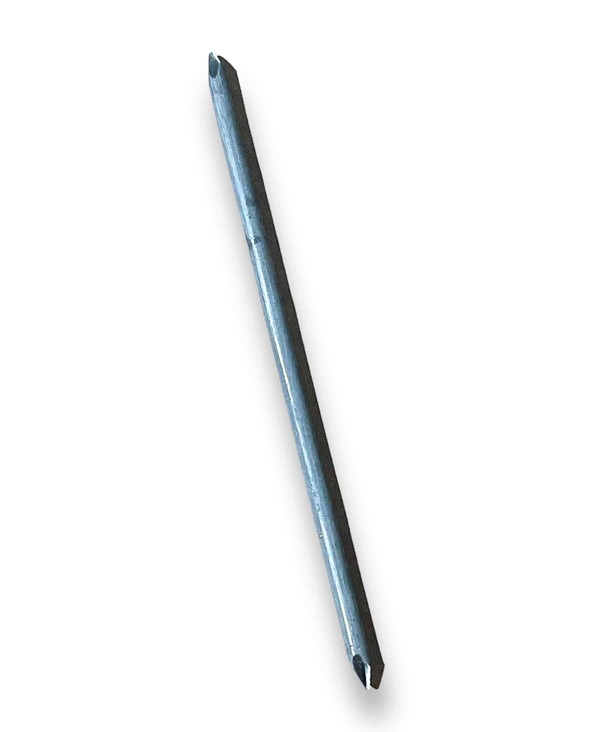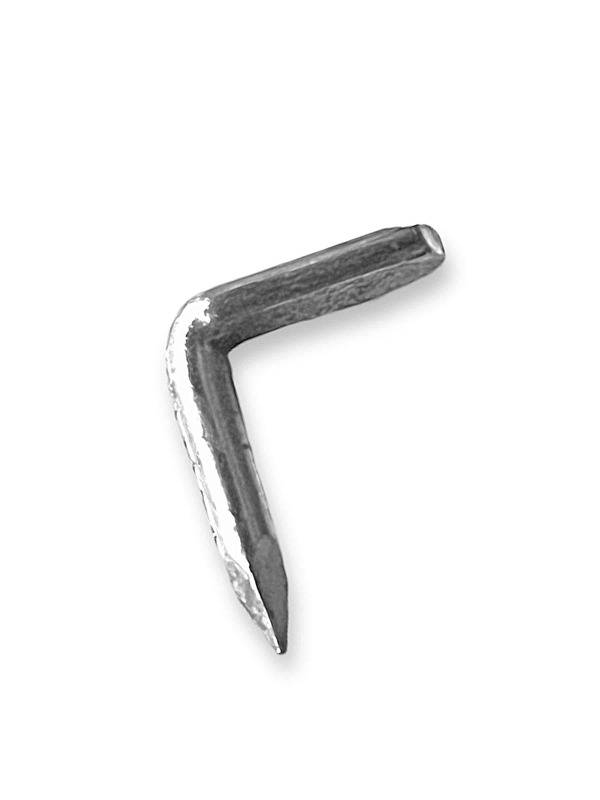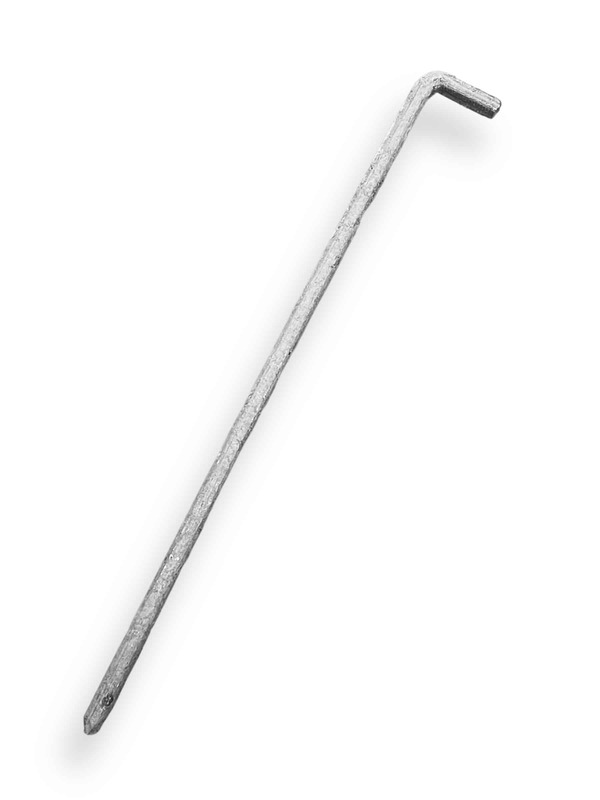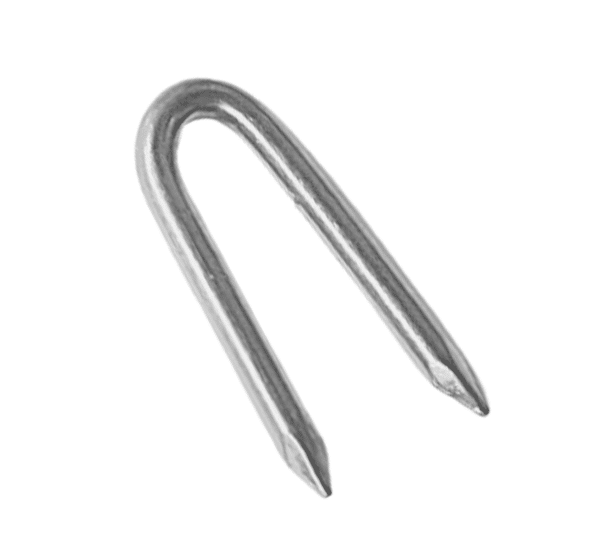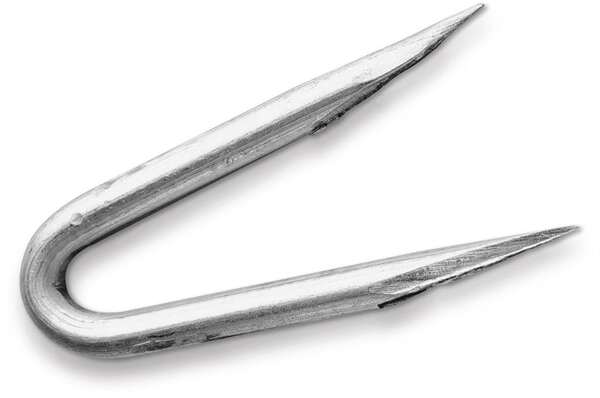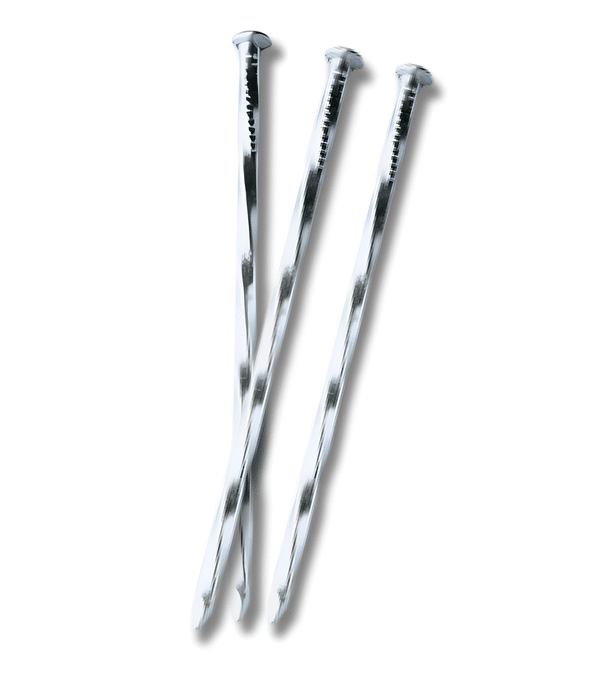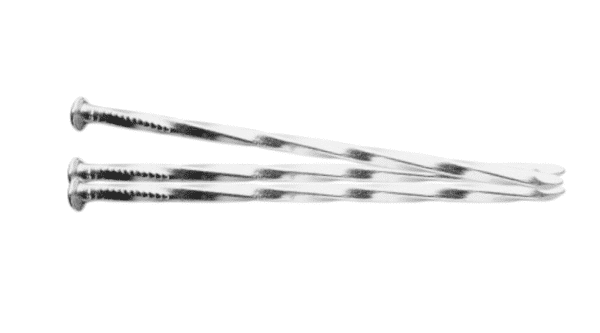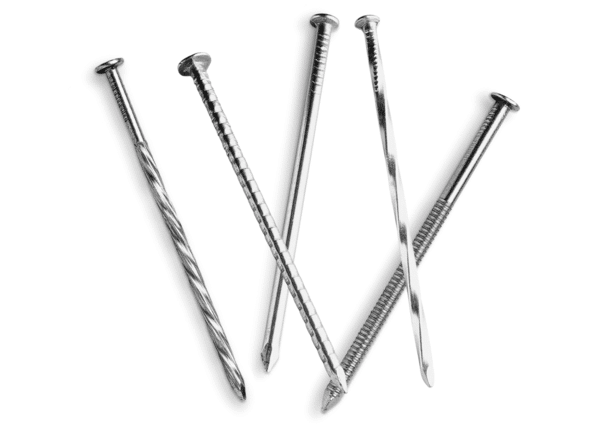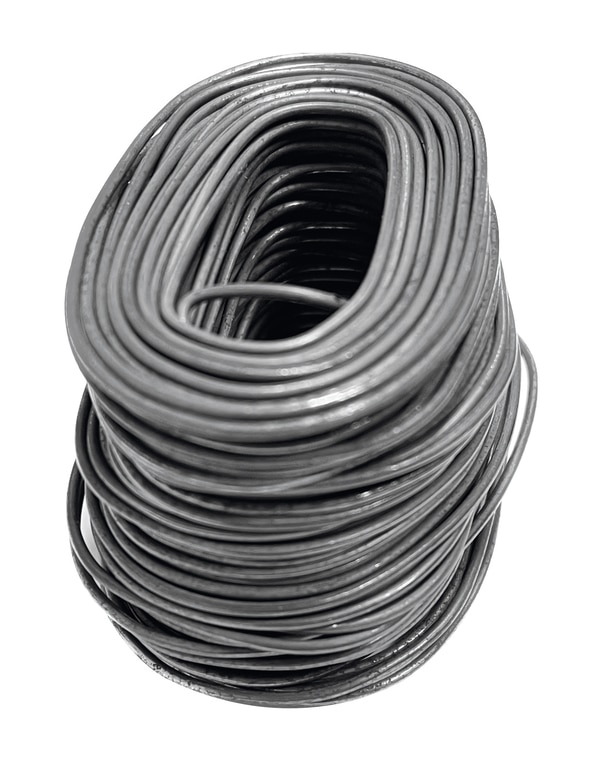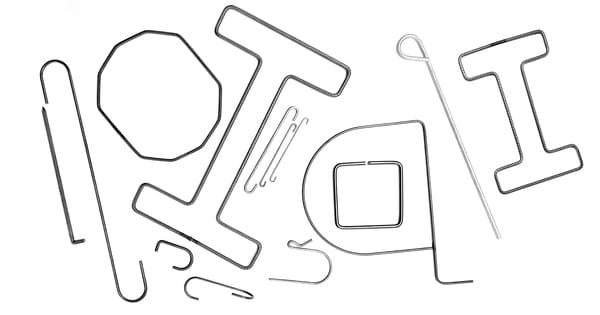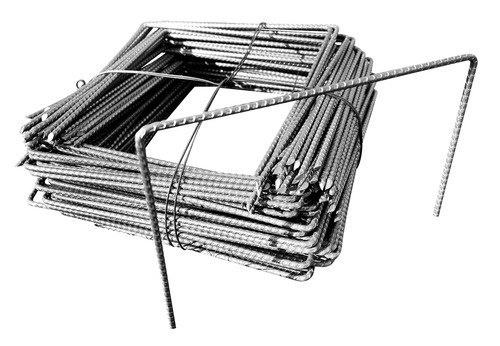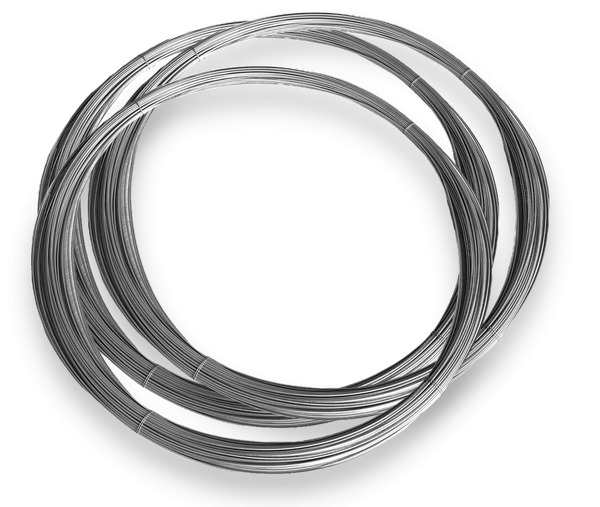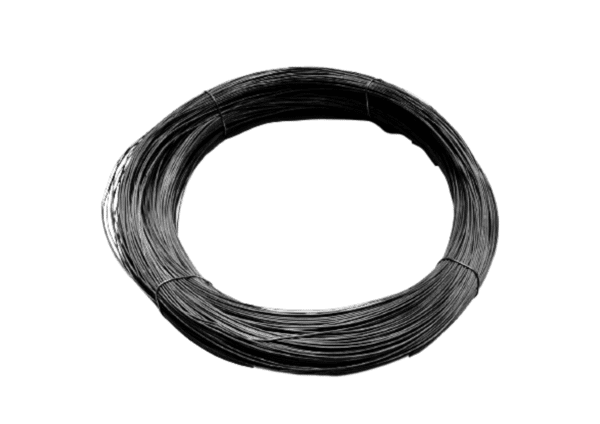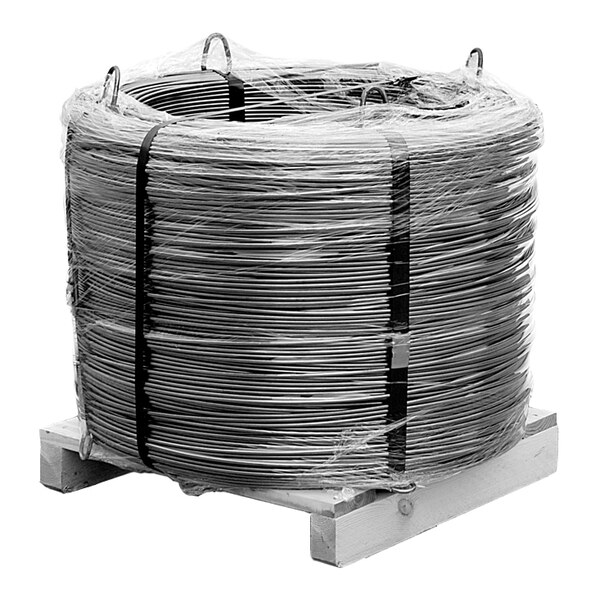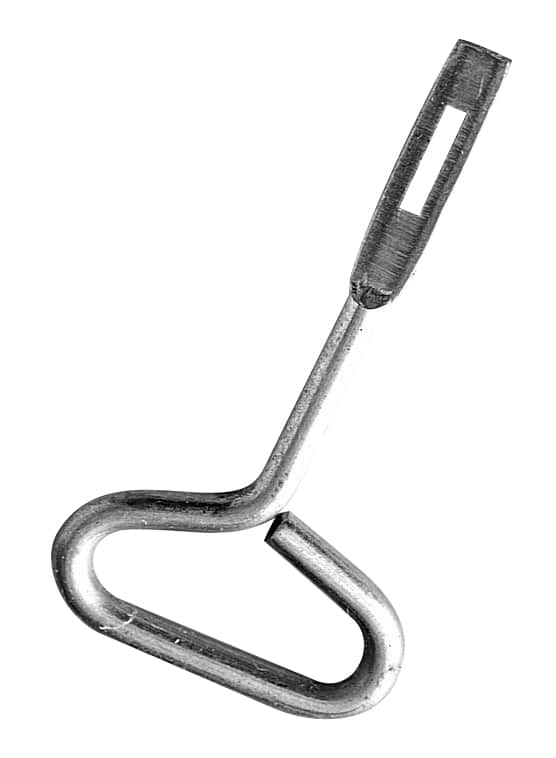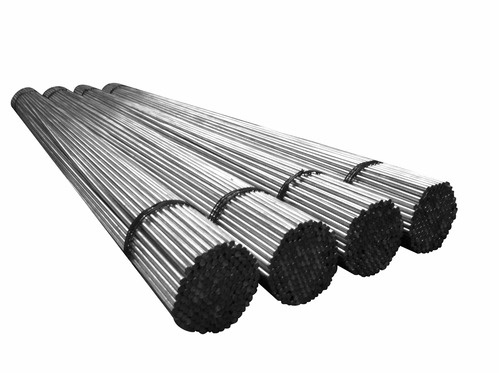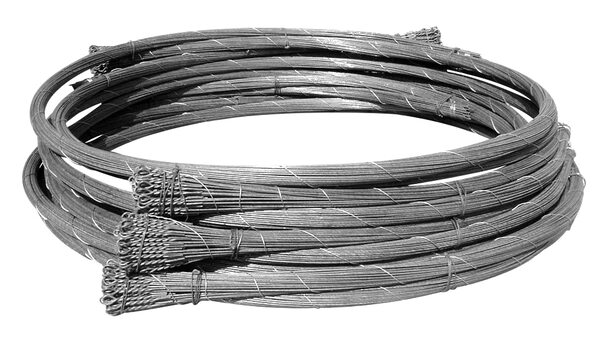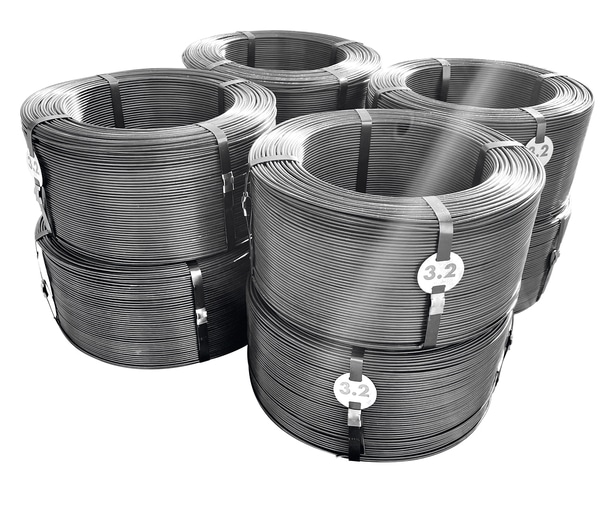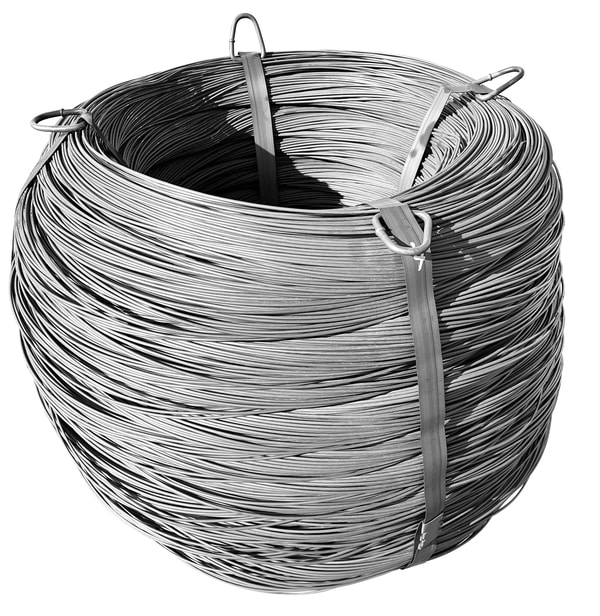Steel nails for the construction industry
We offer nails in clear, galvanised or stainless steel, smooth, notched, twisted, grooved, flat head, extra wide head, diamond or angled cut, … to create solid and durable assemblies, whether for residential, commercial or industrial projects.
Propriétés
Light drawn mild low carbon steel
- Strength (Rm) = 650 to 750 N/mm2
- CE-compliant nails
- Length +/- 1mm
- Head ø +/- 0.5mm
Mild low carbon drawn steel, bright galvanised
- Resistance (Rm) = from 550 to 650 N/mm².
- CE-compliant nails
- Length +/- 1mm
- Head ø +/- 0.5mm
Your guarantees
Our sales, production and logistics teams are in constant touch with our customers’ needs. Our availability, our ability to listen and to anticipate their expectations are all assets that enable us to stay close to our customers.
Our choice to produce with quality is reflected in our supplies. For several years now, we have been making a transition in our process to encourage the purchase of raw materials from recycling.
Finally, French production is ‘our fight’ and we are committed to maintaining French industry. We take care to work with local, responsible players.
Detailed description
Our range of nails for the building industry is wide and varied.
Sold in bulk, buckets, bags or cartons, we adapt the finish, diameter and length of each nail to ensure proper fastening and solid, durable joints.
Whether for residential, commercial or industrial projects, the choice of nail depends on the type of work being carried out, the material being fixed and the tools being used. To ensure sufficient penetration of the underlying structure, make sure the nail and point you choose are the right length. Nails that are too short may not provide adequate fixing, while those that are too long may damage the material or structure.
All our nails are produced in France, at our site in Couëron(44).

Conditionnement
Our nails for building and construction are available in boxes of +/- 1 or +/- 5kg, or in bags of +/- 1kg.
Domaines d'application
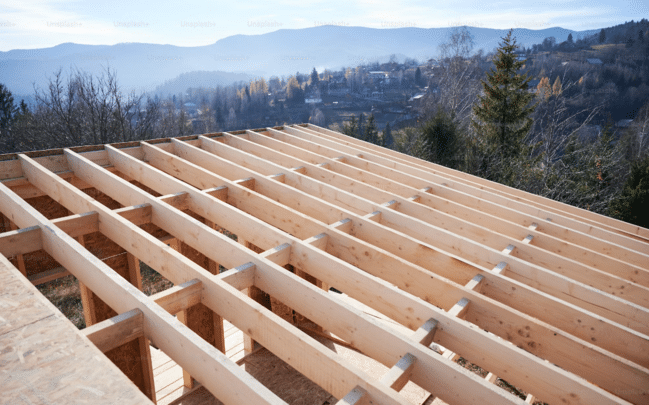
Frames
Steel nails are used to join different pieces of wood together in the construction of frameworks. These nails are also used to make frames and other wooden structures. Depending on the framing project, an extra-wide ringed nail, ordinary flat nail, fluted flat nail, twisted flat nail or anchor nail is used.

Cladding
In exterior cladding projects, steel nails are used to fasten cladding materials. For wood, corrugated or twisted steel nails are used, as they offer a better grip and a stronger hold. For vinyl, use a broad-headed nail. For fibre cement, ring-head nails offer better adhesion.
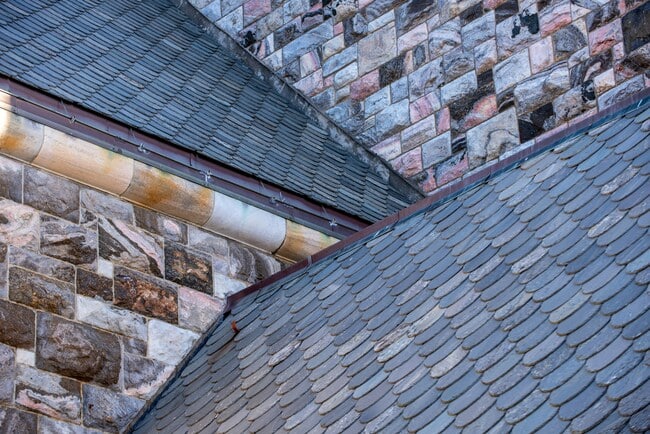
Roof
Nails are used to fasten shingles and other roofing materials to the structure. Asphalt shingles are fastened with a wide-headed nail with a twisted shank. Ringed or twisted nails are preferred for wood shingles. Flat-head nails are used to minimise potential damage to fragile materials. Stainless steel or copper nails are used for roofing (tile or slate).
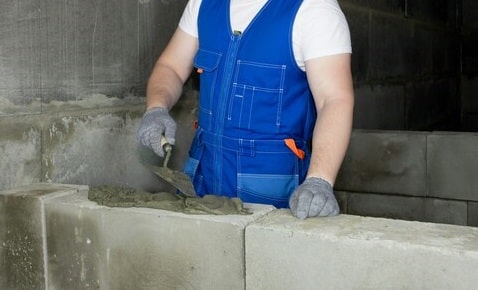
Béton
Pour fixer des éléments dans du béton, les professionnels utilisent des clous spéciaux conçus pour percer et maintenir une adhérence solide. En acier dur, on utilise ces pointes pour fixer des tasseaux et chevrons en bois sur différents supports tels que la pierre, la brique, le béton, le parpaing et le bois dur. La tête de la pointe à béton est conique ou bombée, les stries de sa tige augmentent de 30% la résistance à l’arrachement.
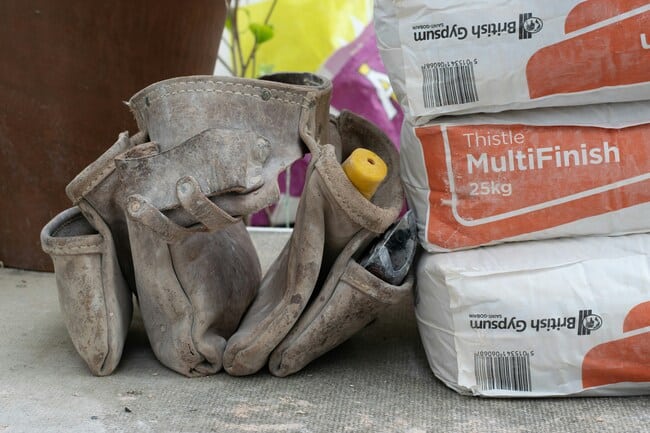
Plâtrerie
Lors de l’installation de plaques de plâtre, les clous fins sont utilisés pour fixer les plaques sur la structure. Préférez la pointe annelée en acier pour les ossatures en bois.
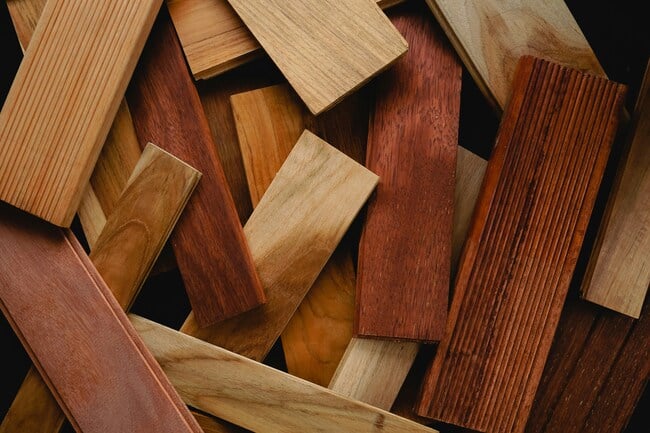
Revêtement de sol
Les clous en acier sont utilisés pour fixer les planchers en bois ou les panneaux sur la structure sous-jacente. Pour les parquets, préférez une pointe à tête homme ou à tête plate pour fixer solidement les planches au support.
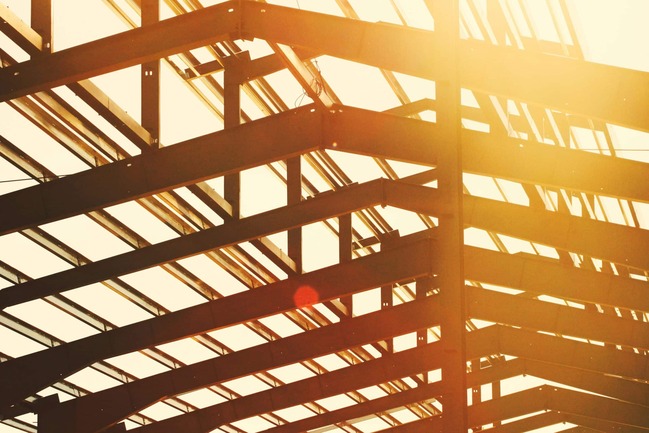
Assemblage général et autres
Les pointes en acier sont utilisées de manière générale pour assembler divers composants dans la construction, que ce soit pour des projets résidentiels, commerciaux ou industriels. On retrouve également l’usage des clous pour fixer des câbles électriques le long des murs et des plafonds et encore dans la construction d’ossatures métalliques.
Contacter notre équipe

Coordonnées
101 quai Jean-Pierre Fougerat
44220 Couëron
"*" indicates required fields
Why choose our steel nails for the building trades?
Whether for large commercial structures or residential projects, steel remains a reliable choice that guarantees quality and safety at every stage of construction.
Which nail finish should I choose?
–Smooth nails are the standard nail for the building industry (construction and joinery); Lambert Manufil smooth nails are CE approved.
–Twisted nails have a helical shape that offers excellent grip in wood. They are particularly useful for fixing heavy pieces of wood. Lambert Manufil twist nails are CE marked.
–Ringed nails are even stronger than twisted nails and can be recommended for fixing slate.
–Fluted nails (grooves or grooves on the surface) offer excellent pull-out resistance and are often preferred in applications requiring solid fixing (carpentry, flooring, various joinery, etc.).
–Diamond cutting (4-sided or diamond geometry) offers a sharp cutting edge that makes it easier to penetrate materials. It is essential for drilling hard materials.
-The angled cut (2 sides) offers an inclined cutting edge; this cut is very useful for drilling more quickly and for softer materials.
Which nail head should I choose?
-The flat head is designed to be discreet, with a flat surface. It offers a practical solution for fastening materials without drawing too much attention to the fastener itself.
–Man-head nails have a top section reminiscent of a stylised person’s head (the wider section resembles a head, the narrower section represents the neck). This nail design is primarily aesthetic and is related to the use of the nail in fine joinery, furniture making, or other projects where the nails are visible and visual appearance is a consideration.
–The wide head provides a larger contact area, which can be important for the structural stability of the fastener. They are often used in structural assemblies where a larger contact area is required.
-Concrete nails or stainless steel nails have a domed or rounded head. A domed head offers a slightly larger surface area than a flat head, which can contribute to better load distribution.
-A tapered head allows the nail to be driven deeper into the material while offering a wider surface for better load distribution. Lambert Manufil anchor points (or connectors) are CE approved.
